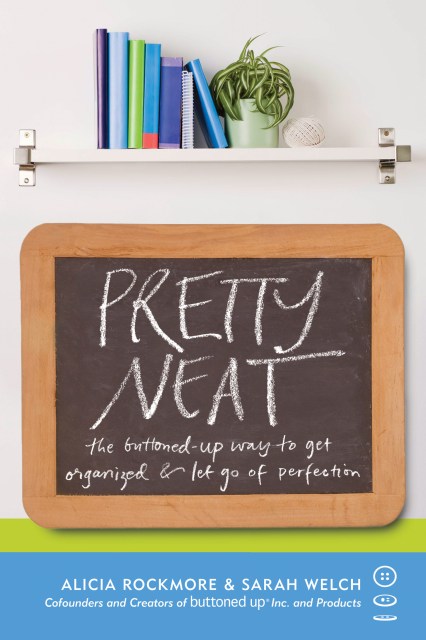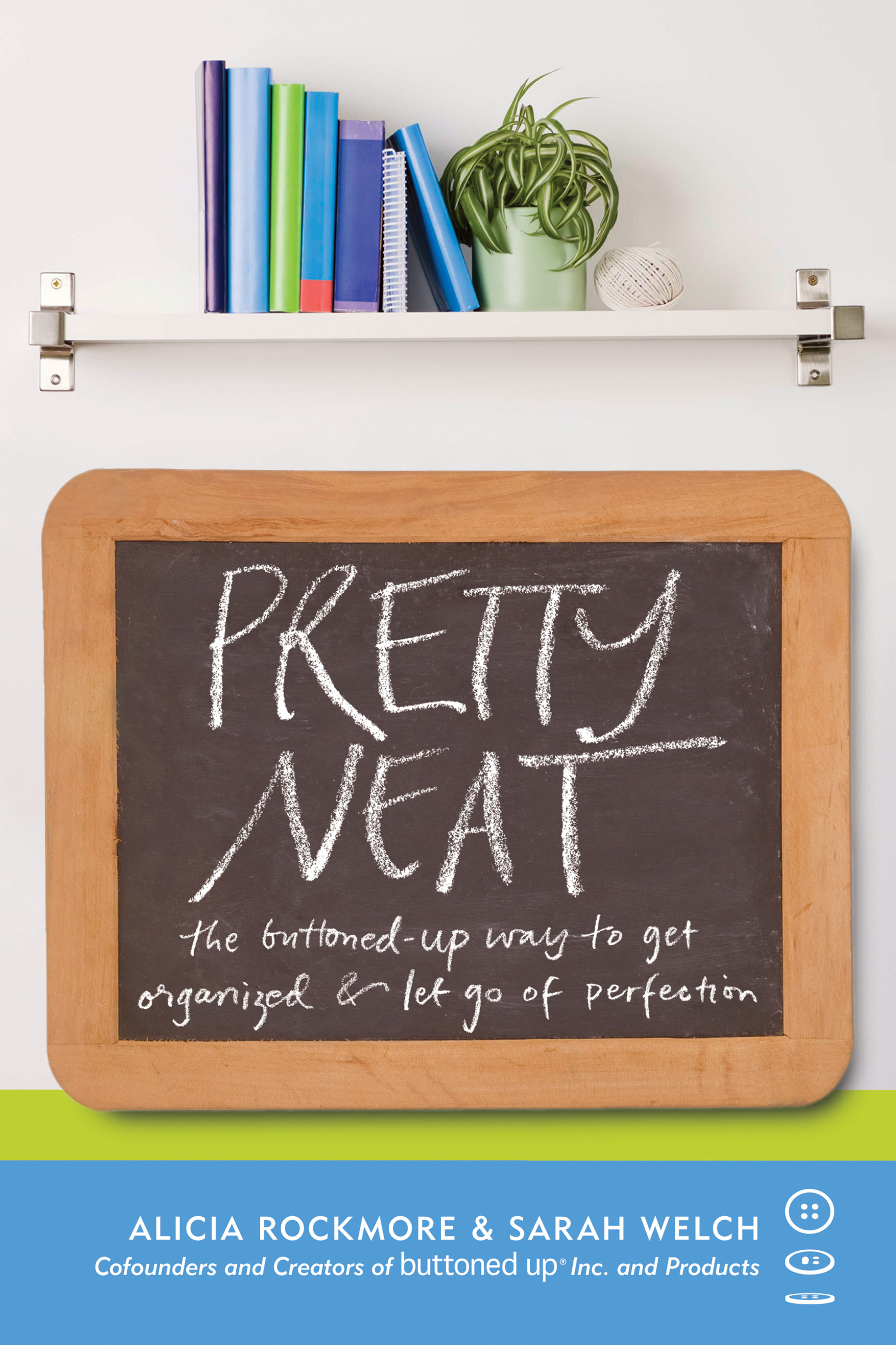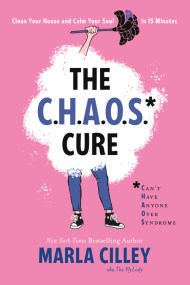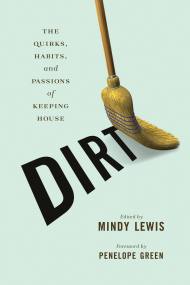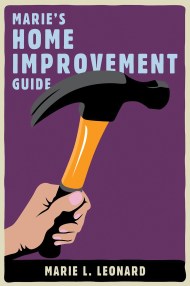By clicking “Accept,” you agree to the use of cookies and similar technologies on your device as set forth in our Cookie Policy and our Privacy Policy. Please note that certain cookies are essential for this website to function properly and do not require user consent to be deployed.
Pretty Neat
The Buttoned-Up Way to Get Organized and Let Go of Perfection
Contributors
By Sarah Welch
Formats and Prices
- On Sale
- Oct 26, 2010
- Page Count
- 184 pages
- Publisher
- Seal Press
- ISBN-13
- 9781580053785
Price
$9.99Price
$12.99 CADFormat
Format:
ebook $9.99 $12.99 CADThis item is a preorder. Your payment method will be charged immediately, and the product is expected to ship on or around October 26, 2010. This date is subject to change due to shipping delays beyond our control.
Buy from Other Retailers:
Negative self-image. Fantasy-induced overspending. Marital tension. A new kind of airbrushed concoction is wreaking havoc on homes and psyches, and Sarah Welch and Alicia Rockmore have a name for it: org porn. It’s in magazines, coffee table books, advertisements, and TV shows, promoting a perfect — and entirely imaginary — world in which everything is always pristine, serene, and flawlessly organized. Pretty Neat is a handbook that embraces the chaotic reality that lies beneath org porn’s glossy veneer, offering pithy anecdotes and candid advice from experts and real women alike on tackling organizational inertia. Funny, irreverent, entertaining, and helpful, the book covers all facets of clutter-control, from tried-and-true tips for conquering to-do lists and wrangling family schedules to ideas on excavating inboxes, eliminating excuses, and delegating housework. Most importantly, Pretty Neat insists that women need to stop holding themselves to impossibly high standards, and focus instead on defining their own, realistic organizational goals. Full of engaging examples from everyday women, Pretty Neat offers readers unorthodox, surprisingly simple methods to reduce their org porn–fueled stress, insisting that perfection is impossible — and unnecessary — in this messy, unpredictable world called real life.
Newsletter Signup
By clicking ‘Sign Up,’ I acknowledge that I have read and agree to Hachette Book Group’s Privacy Policy and Terms of Use
